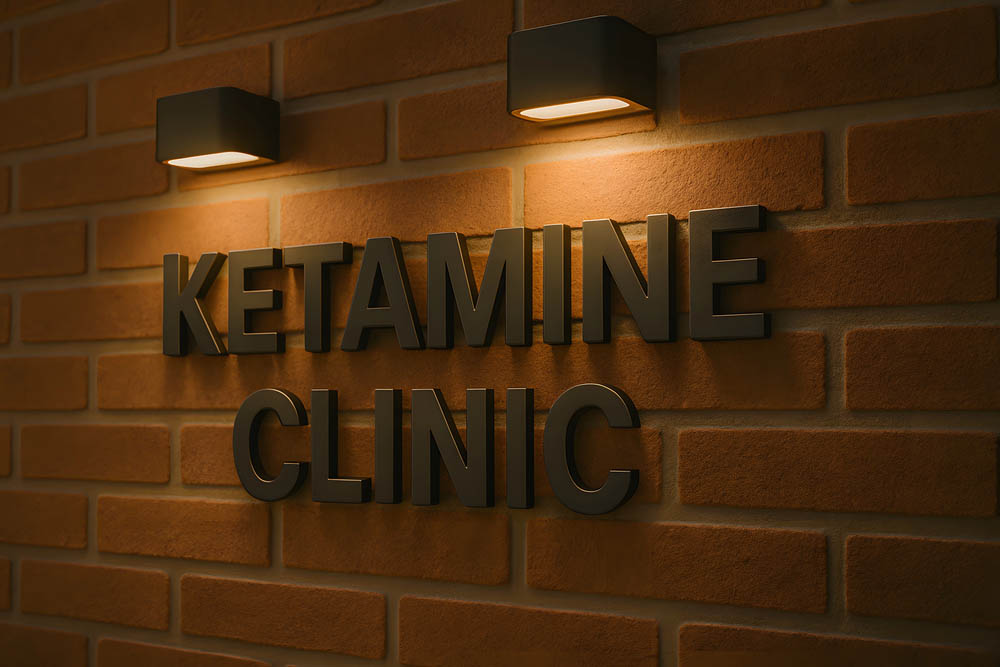In a new study, led by Ana Jelovac at Trinity College Dublin, researchers found that ketamine infusions failed to beat an active placebo as an adjunctive therapy for patients hospitalised with depression.
The result: ketamine failed to beat the active placebo. On average, there was no difference between the ketamine and midazolam groups on the MADRS or the QIDS. There were no differences in cognition, healthcare cost, or quality of life. The amount of adverse effects was similar between groups.
This was especially startling because the blind was insufficient—almost all the raters correctly guessed treatment assignment, and the majority of ketamine patients also guessed their group correctly. This would typically lead to the appearance of increased effectiveness for those receiving the treatment, so it is even more striking that ketamine did so poorly.
Published in JAMA Psychiatry, the KARMA-Dep 2 study compared ketamine infusions to midazolam, an “active placebo” that mimics ketamine’s sedative effects.
“The KARMA-Dep 2 trial did not find evidence that serial ketamine infusions were superior to an active comparator for inpatients with moderate to severe depression,” the researchers write.

Ketamine, a dissociative drug used as a veterinary tranquilizer, initially gained fame as a party drug called “special K.” Recreational ketamine use has been implicated in deaths by traffic accidents, drownings, and suicide, including the death of actor Matthew Perry. But in recent years, as psychiatry’s existing treatments have been exposed for their lack of efficacy, the field has turned toward the notion of using existing recreational drugs as “miracle cures” for mental health conditions. Ketamine is at the forefront of that charge, with expensive clinics emerging all over—despite the fact that the drug has never received FDA approval for treating any mental health condition.
The Ketamine as an Adjunctive Therapy for Major Depression (2) trial was conducted between 2021-2024 at St. Patrick’s University Hospital in Dublin, Ireland. The study included adults who were hospitalised for depression (and thus receiving usual care, including psychiatric drugs) and who scored at least 20 on the MADRS measure (indicating at least moderate depression). A little over half were male, the mean age was 53 years old, and 100% were White. About half were employed.
Of the 62 patients who completed the trial, 32 received ketamine, while 30 received midazolam. On average, patients received eight infusions during the study.
The primary outcome measure was improvement in depression severity on the Montgomery-Åsberg Depression Rating Scale (MADRS), measured at baseline, 24 hours after the final infusion, and at 6, 12, and 24 weeks follow-up. Secondary outcomes included depression severity on the Quick Inventory of Depressive Symptoms, Self-Report (QIDS-SR-16), cognitive function on the Montreal Cognitive Assessment (MOCA), healthcare cost per the Client Service Receipt Inventory (CSRI), and health-related quality of life on the EuroQol 5-Dimensional Questionnaire (EQ-5D-5L). The researchers also assessed adverse effects and withdrawal effects during the study.
As the researchers write, “While midazolam was selected to mitigate unblinding, this was not successful, raising the possibility that even the small observed effect reflects expectancy rather than a specific treatment effect.”
Previous researchers have found similar results. A 2022 study with mixed results concluded that ketamine may actually make PTSD worse. A study of ketamine for depression in 2023 concluded that the drug did not beat an active placebo, even in the extreme short term. Other researchers have concluded that ketamine is a “significant risk to the public,” since there is little evidence of efficacy—and many dangers.
Ketamine studies are also notorious for their suicide deaths. In a 2016 open-label study that included only 12 people, all taking ketamine, one person died by suicide and another was hospitalized after expressing a suicide plan. There was another suicide death in a more recent study (ketamine also failed to beat placebo in that study).
Ketamine does not have FDA approval for treating any mental health concerns and is used “off-label.” In a controversial decision, a variant of ketamine, esketamine nasal spray, was approved by the FDA for treatment-resistant depression, despite the fact that it failed to beat placebo in five of its six initial clinical trials.
The harms of esketamine were apparent in a paper presenting case reports of the first four patients using the drug in a French clinic. In a more recent systematic review, the same researchers found that almost half of the serious side effects patients experienced on esketamine were not reported in the published studies.
*******************
This article was first published here on Mad in America